The assassination of conservative activist Charlie Kirk has sent shockwaves through the American political landscape, culminating in a deeply emotional memorial service on September 21, 2025, in Glendale, Arizona. Kirk, the 31-year-old founder of Turning Point USA, was gunned down during an event at Utah Valley University earlier this month, an act that President Donald Trump described as an "attack on us all" during his eulogy. This tragedy has not only highlighted the escalating dangers faced by public figures but has also amplified debates on political rhetoric, gun control, and the future of conservative activism in a divided nation.
The Assassination: A Turning Point for Conservatism
Charlie Kirk's death marks a grim milestone in the ongoing saga of political violence in the United States. Shot during a campus event aimed at mobilizing young conservatives, sparking conversations with those who hold opposing views, and challenging our otherwise unchallenged minds, Kirk's assassination has been linked to broader tensions fueled by heated partisan discourse. Investigators have pointed to the use of "untraceable" firearms, reigniting calls for stricter regulations on high-powered weapons. Kirk, known for his sharp debates and unyielding advocacy for "America First" policies, had built Turning Point USA into a powerhouse organization, engaging millions of young voters and challenging liberal ideologies on college campuses.
The incident has drawn comparisons to recent attempts on President Trump's life, underscoring a perceived pattern of targeted violence against right-wing figures. At the memorial, speakers including Pastor Rob McCoy and William Bennett emphasized Kirk's legacy as a "martyr for American freedom," arguing that his work exposed deep fractures in the national psyche. Bennett, in particular, framed the assassination as a symptom of a broader "crisis in the American mind," where ideological extremes erode civil discourse.
Trump's Fiery Eulogy: Hatred, Forgiveness, and Retribution
President Trump, delivering one of the most overtly political speeches at the service, lionized Kirk as a warrior who "packed more lifetimes in 31 years" than most. He contrasted Kirk's approach—claiming Kirk "did not hate his opponents" but wanted the best for them—with his own stance: "That's where I disagreed with Charlie. I hate my opponents and I don't want the best for them." This candid admission drew mixed reactions, with some viewing it as a raw expression of grief, while others criticized it as inflammatory.
Trump also used the platform to tease a major announcement on autism, linking it to his alliance with Robert F. Kennedy Jr., and to rally supporters against perceived "enemies" of conservatism. The president's words resonated with attendees, many of whom chanted "USA" in the face of a small group of counter-protesters outside the venue. Yet, the event also showcased moments of unity, such as Elon Musk's reported call for conservatives to "hang together" to avoid division, mending a recent rift with Trump.
Erika Kirk, Charlie's widow, delivered a poignant message of forgiveness, stating she harbored no ill will toward the assassin and drawing on her faith for strength. Her words moved many, including non-MAGA attendees who praised her composure and the couple's shared mission. This theme of forgiveness contrasted sharply with calls from figures like Stephen Miller, who delivered a "deranged" speech urging retribution against ideological foes.
Broader Implications: Gun Control, Free Speech, and Political Polarization
The memorial has intensified national conversations on gun violence, with liberal groups pushing for bans on "ghost guns" and high-capacity magazines, while conservatives argue such measures infringe on Second Amendment rights. Faculty organizations have backed free speech protections in the wake of the attack, though some remained silent on condemning the violence itself.
Politically, Kirk's death is seen as a pivotal moment, potentially galvanizing the conservative base ahead of midterms. Attendees and observers alike worry about irreplaceable loss—Kirk's unique ability to debate with discernment and humanity. As protests and counter-protests continue, the event underscores the fragility of democratic discourse in an era of heightened threats.
In reflecting on Kirk's life, the memorial served as both a tribute and a call to action, urging conservatives to "finish the work he began." As the nation grapples with this loss, questions linger: Will it bridge divides or deepen them?






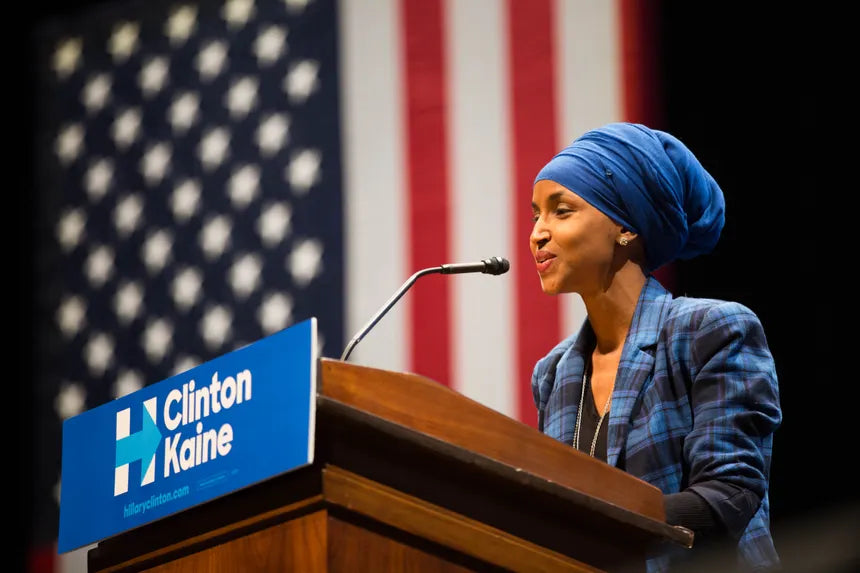
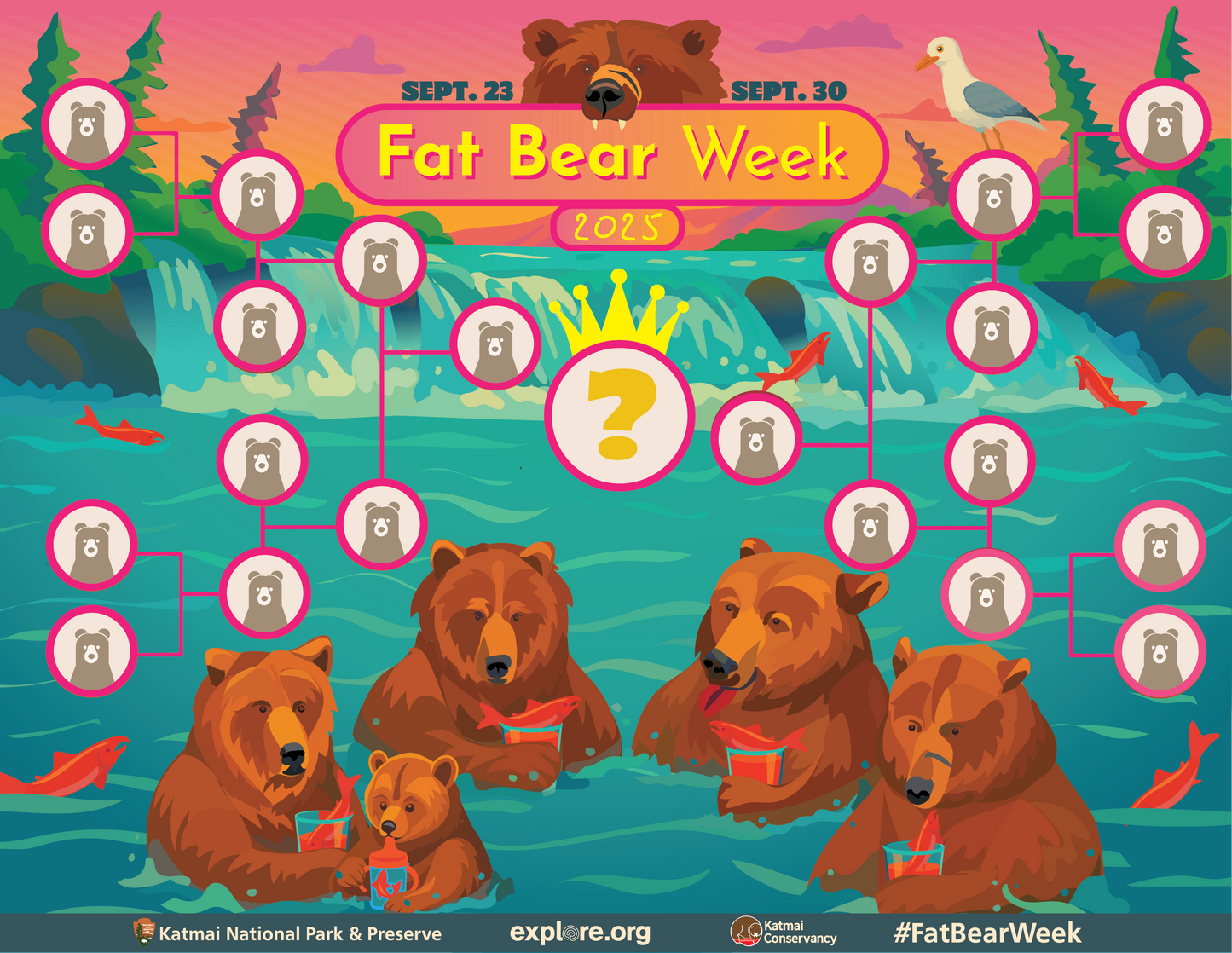

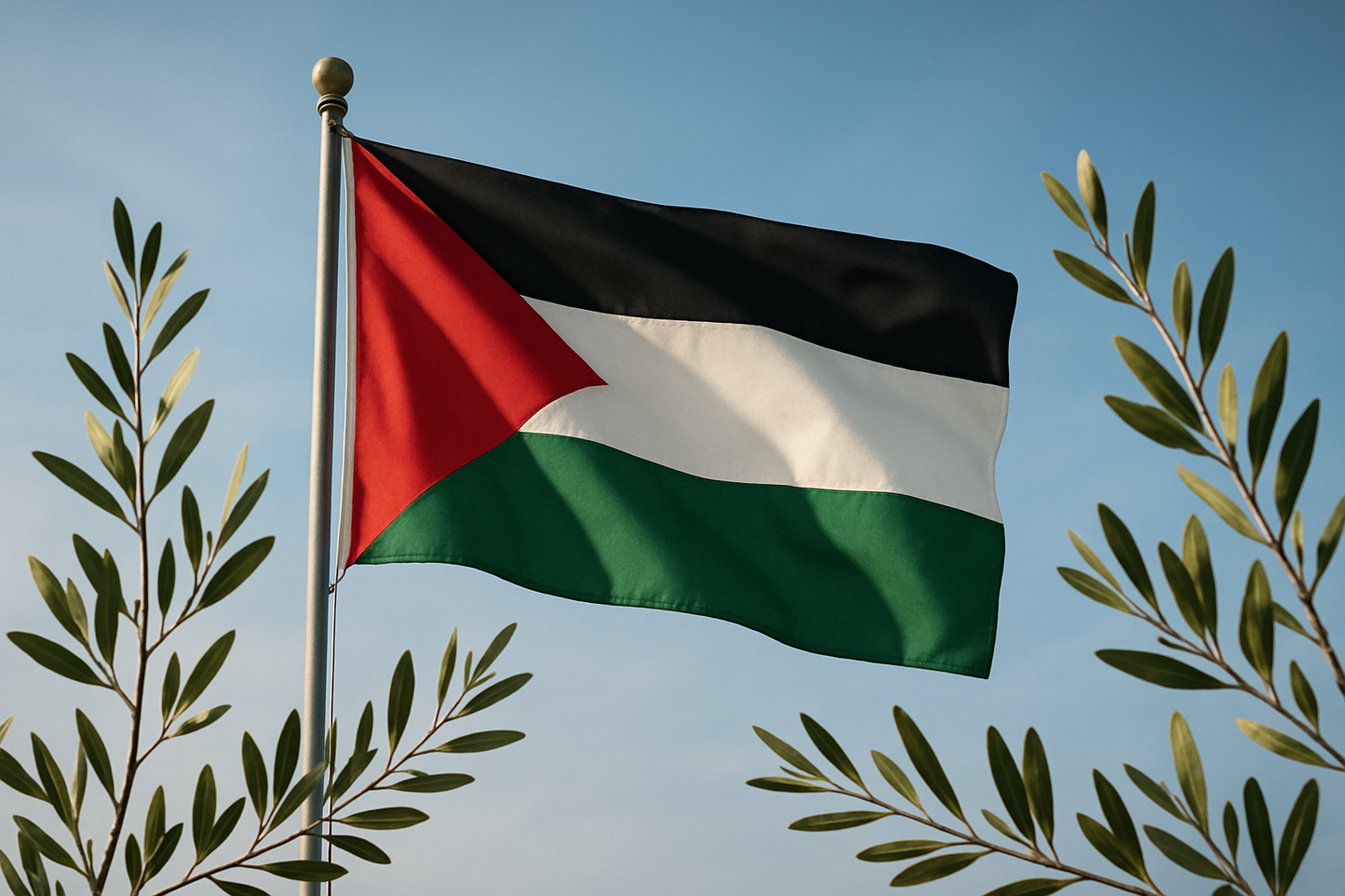

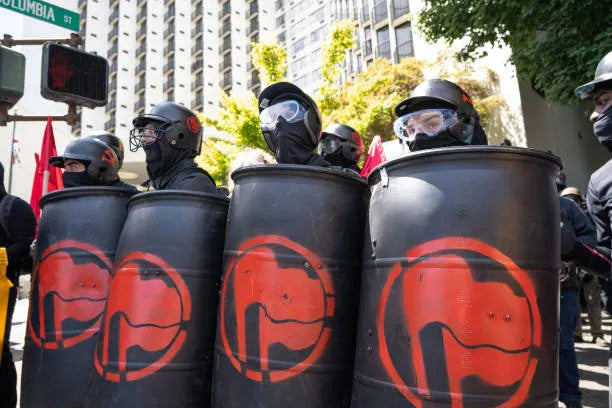

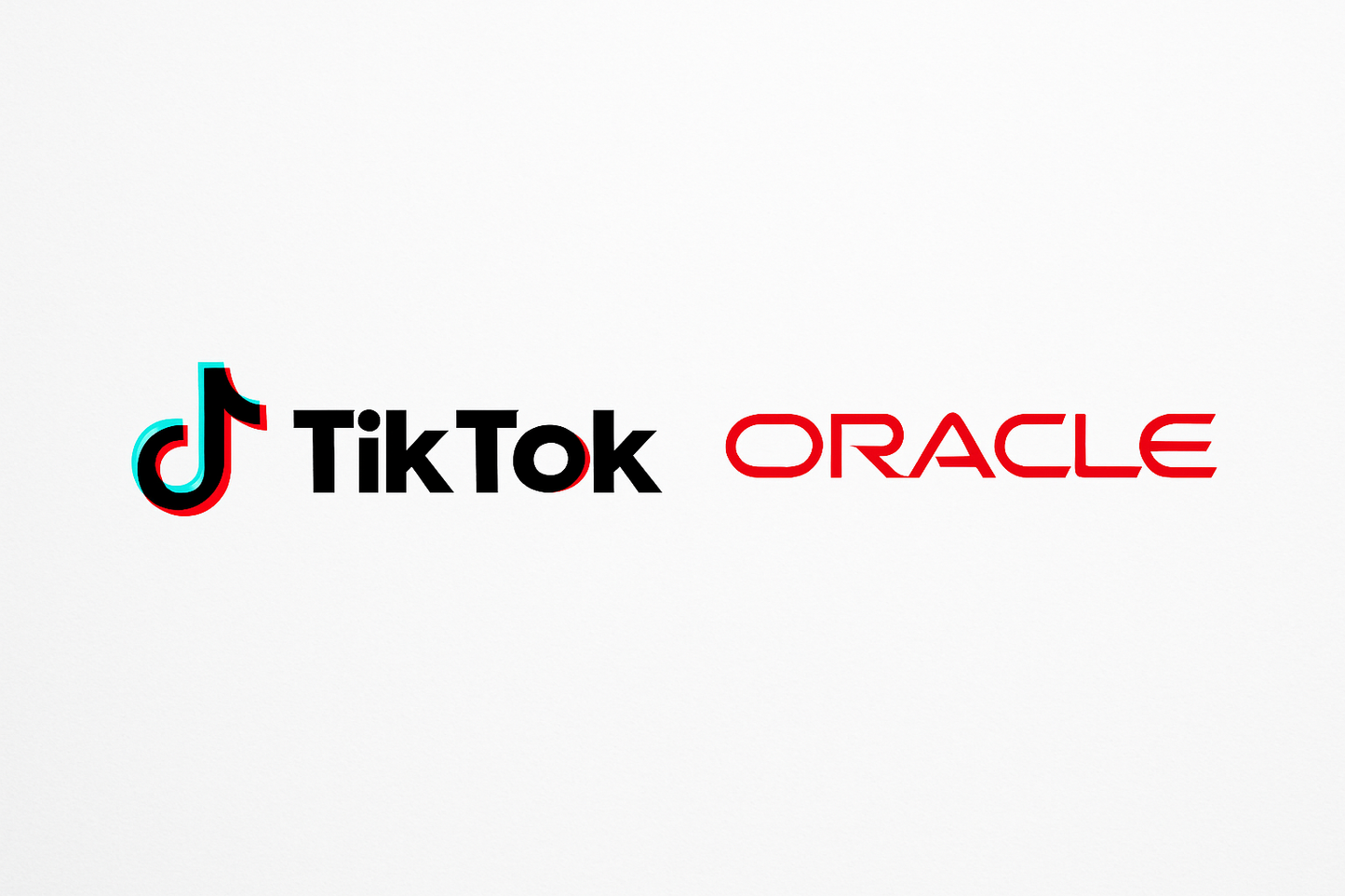
Leave a comment